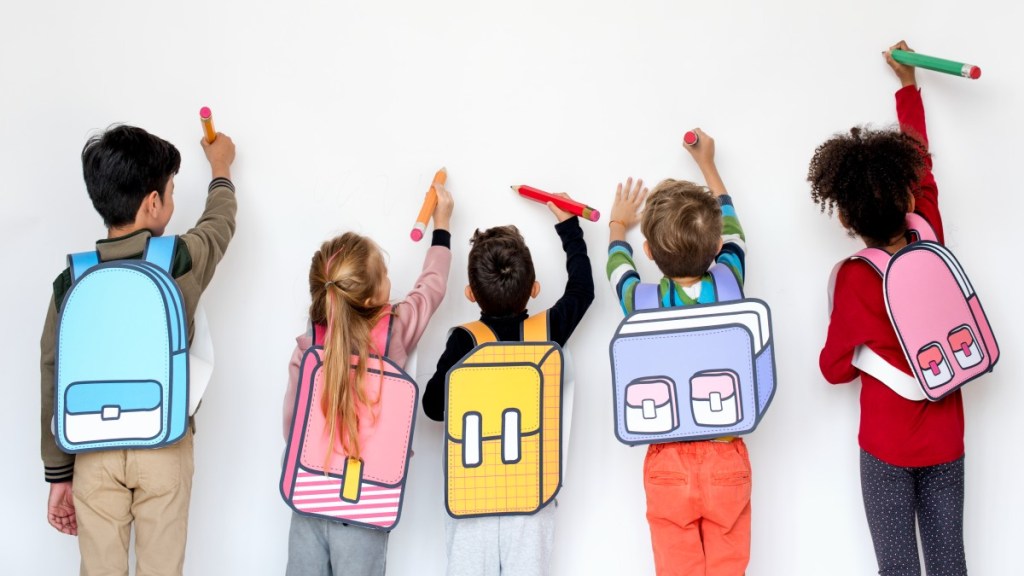By Jitendra Karsan
The definition of success varies from person to person and often evolves over time. Your perspective on success may depend on your age group and socio-economic background, with similarities emerging among those who share common experiences. However, when we glimpse into the reflections of individuals on their deathbeds, there are some common universal regrets—wishing they could have spent more time with their loved ones or pursued their passions instead of chasing after money.
Irrespective of what success might look like for us, what matters the most at the core of our being is the quality of our lives. A significant determinant of quality of life is the quality of relationships we have in our lives. How we interact with our loved ones, the people around us, and society. Various studies and surveys have time and again asserted that the quality of our relationships is the strongest indicator of our overall well-being. All accomplishments will feel hollow if we do not have anyone to share them with.
Considering the level of importance social and emotional indicators play in measuring quality of life, why do we not prioritise the instillation of social-emotional development in children from the earliest stages of their lives? While efforts are made at all levels, the approach often treats it as a soft skill, a complimentary learning rather than an integral part of education.
Preschools, as the first formal step into a child’s educational journey, should prioritise Social-Emotional Learning (SEL) as a cornerstone of their curriculum. In societies where families opt for one or two children, the responsibility of teaching children values like sharing and building relationships with other kids falls on the preschools.
The preschool years are a critical phase in a child’s life. During this period, a young learner’s brain forms millions of synaptic connections, and learning happens at a pace that would be unmatched for the rest of their lives. While literacy and numeracy can be taught through technology, the development of social and emotional skills requires interaction with peers and teachers. Children are naturally inclined to learn from their environment, making preschools that focus on holistic learning with SEL at the core the perfect environment for them.
SEL plays an important role in moulding a child into a confident young adult by equipping them with a range of skills. Some of them are listed below.
- Self-Awareness: At this age, children are learning everything about themselves and the world around them and that can be quite overwhelming. Teaching them to become aware of their feelings and to distinguish between them is the first step to laying the foundation for emotional maturity.
- Self-Regulation: It is a crucial skill required to navigate social settings. In the formative years, children must be taught not only to recognize their emotions but also to manage how they express themselves.
- Social Awareness: It is about teaching children to recognize and empathize with the emotions and perspectives of others. The development of this skill helps children to understand the dynamics of their social environment. Engaging in teamwork, discussions, and group activities contribute to the promotion of Social Awareness.
- Relationship Skills: SEL involves teaching children effective communication, active listening, and cooperation, and also respecting other’s perspectives, navigating conflicts, and sharing responsibilities. It is achieved through activities carefully designed to create these kinds of scenarios and interactions.
- Responsible Decision-Making: Responsible decision-making isn’t just about teaching children to make the right choices but also about analysing the impact of their decisions on themselves and those around them.
Incorporating SEL into the active curriculum involves various strategies:
- Modelling Positive Behavior: It is important for teachers to demonstrate positive behaviours as young children mirror the actions they observe. Teachers should consistently exhibit kindness and respect when interacting with students.
- Labelling and Validating Emotions: Experiencing diverse emotions for the first time can be confusing for young children. Consider the common scenario where even adults might mistake the sensation of hunger for anger. Explaining the connection between physical sensations and emotional feelings will help children correctly label their emotions.
- Promoting Self-Regulation Practises: Implementing mindfulness sessions, breathing exercises, and yoga practices in the regular curriculum helps children to manage their emotions.
- Encouraging Open Communication: Teachers must do away with the age-old method of maintaining pin-drop silence and create a safe haven for self-expression, interaction, and conversation.
- Providing Opportunities for Social Interaction: Incorporating group projects and collaborative activities requiring teamwork helps enhance social skills and create opportunities to learn from each other.
The impact of acquiring social-emotional skills at a young age extends beyond the school environment, significantly influencing a child’s overall mental well-being and quality of life. While it is the responsibility of schools to impart these valuable skills to children, parents should also partner up with the teachers in mirroring a supportive environment at home to contribute to their child’s development. Positive mental health, empathy, effective communication, and resilience are some of the benefits that have a ripple effect in various areas of a child’s life, including academics, relationships, and more
Laying a strong foundation is paramount for preparing children for an ever-changing world. As we move towards a future where automation and AI will seamlessly take over everyday tasks and perform them better than humans, a greater onus falls upon parents and educators to raise conscious children to hinder the possibility of a generation that depends on technology for social and emotional needs too.
The author is the chairman, Safari Kid India.

